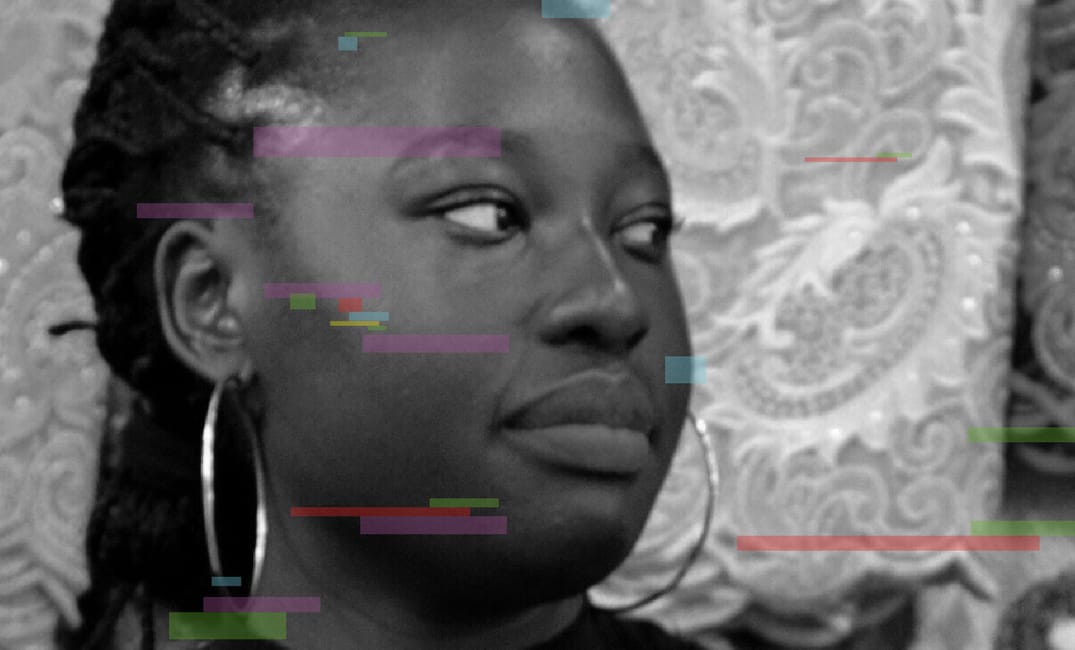It’s 100 years since the end of Word War One. If you’re being honest, now you’re probably picturing old grey scratchy images of men running around in trenches. But how much of something that ended 100 years ago really resonates with young people today?
As part of the project Cause and Effect, Bridget Minamore, a successful award winning young writer from South East London is helping to challenge that typical image and help us better understand some of the hidden stories and issues during the war and what it means for young people today.
Naked Politics chatted to her to about her piece for Cause and Effect, politics and if young people should feel hopeful or hopeless about politics these days.
What do you feel the issues of the past you’ve tackled with in your pieces can tell us about society today?
The piece I wrote for 1418 NOW looks at the Suffragettes, women of colour, working class women, voting, and the links and tensions between them all. It’s called ‘100 Years of Conversation’ because I really wanted to emphasise how 100 years is such a long time to have the same discussions, but it also isn’t very long at all.
So many of the tensions we’ve had in the feminist movement are repeats of the tensions women have had in the past, but unfortunately we’re yet to find real solutions. Working class women (and the inequality they face specifically because they are both women and working class) have historically been rejected by the middle class women who tend to position themselves at the front of the feminist movement.
It was amazing to me to see the parallels between working class women who left Suffrage organisations in the early 1900’s because they felt like they were being ignored, and the women of today who say similar, and it says a lot about society today I think.
There’s been a lot of political change in the last few years. Should young people be feeling hopeful or fearful of the future?
I think hope is always more useful than fear, but it’s probably healthy (and sadly, realistic) to have a healthy dose of both. I’m hopeful because I know each younger generation has the mistakes of the past to look upon, and I see the young people I work with, and they’re always so brilliant. I’m fearful because I worry older generations will or have messed things up in a big way, particularly when it comes to our political system. Saying all that, I am probably more hopeful than fearful myself. I have to be, or I’d be miserable all the time.
Do you have any ideas about what mainstream politics could be doing to engage young people more in conversations like these?
The thing is, I know that so many young people are already engaged in conversations around politics. I work with teenagers and young people a lot and for the most part, they care—if anything, they care far more than a lot of the adults I know.
I think the questions we need to ask ourselves more is ‘what can mainstream politics do to listen to the young people who are already engaged? And ‘how can those engaged young people be supported to further engage their peers’? Mainstream politics in the UK is not just alienating—with its archaic rules and bizarre Parliamentary rituals—it’s also boring, and under explained.
We need to make sure people, especially young people, understand what’s going on. We also should be looking at our education system. In school we don’t learn about things like WWI soldiers from Africa and Asia, or the history of infighting within the suffragettes, or the post-war fight for labour rights. If we all knew our history properly, conversations like this would both happen more but also be a lot better.
***
If you are interested in any of the other pieces created as part of Cause and Effect project (which includes other high profile artists like Akala and Lowkey), you can check them out here.

